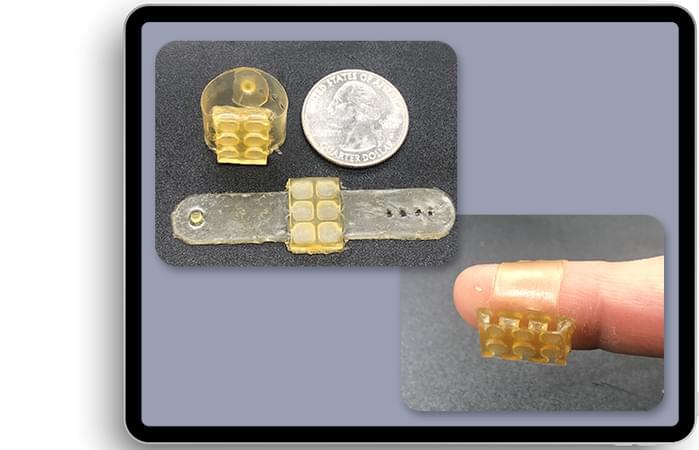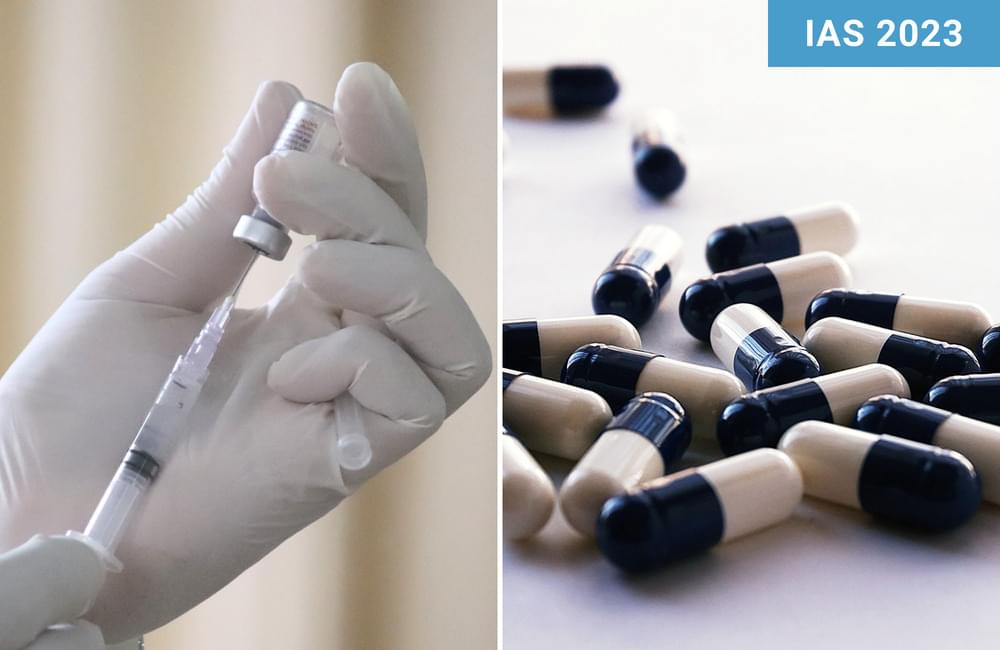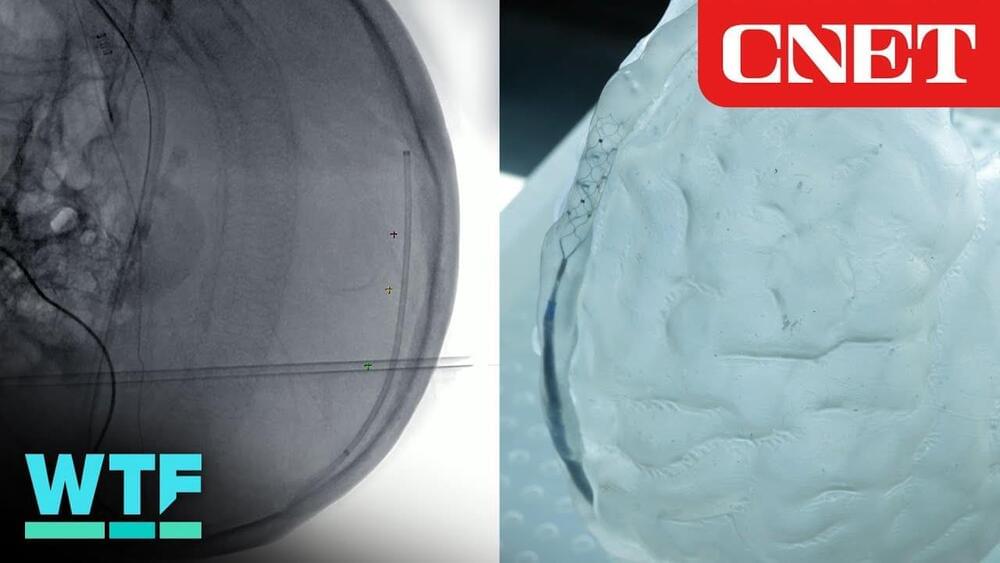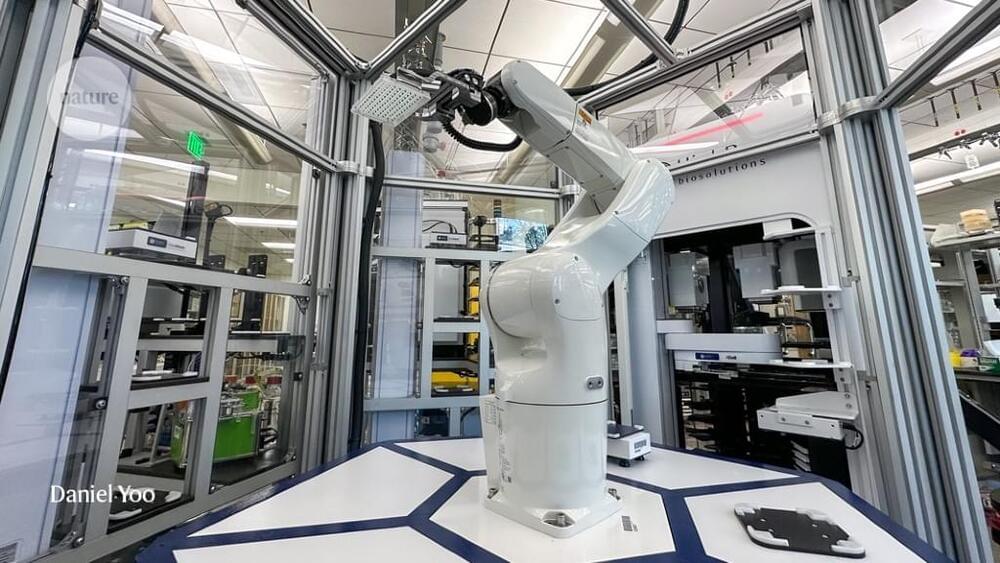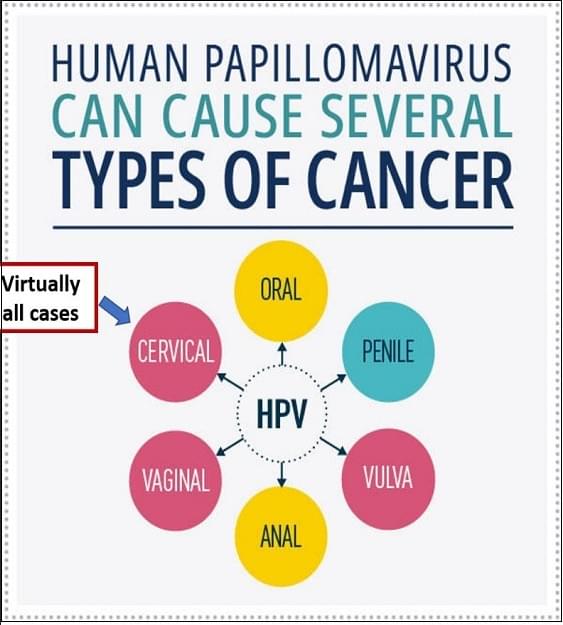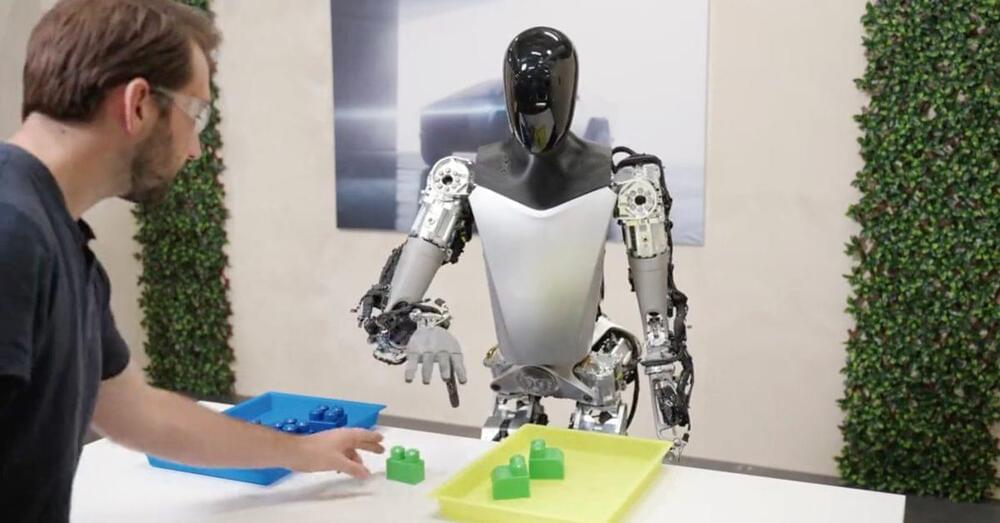Sep 25, 2023
9 Benefits of Yoga
Posted by Omuterema Akhahenda in categories: biotech/medical, neuroscience
If you’ve done your “downward dog” yoga pose today, you’re probably feeling more relaxed. Regardless of your level of yoga expertise, if you’re practicing regularly, you can feel better from head to toe. Yoga offers physical and mental health benefits for people of all ages. And, if you’re going through an illness, recovering from surgery or living with a chronic condition, yoga can become an integral part of your treatment and potentially hasten healing. A yoga therapist can work with patients and put together individualized plans that work together with their medical and surgical therapies. That way, yoga can support the healing process and help the person experience symptoms with more centeredness and less distress.
-Aside from these, Yoga also is beneficial to people dealing with Parkinson’s disease. First off it reduces tremors, and it also improves the steadiness of the gait of people with Parkinson’s.
Learn what a Johns Hopkins expert and yoga researcher knows about the benefits and how to get started simply.

